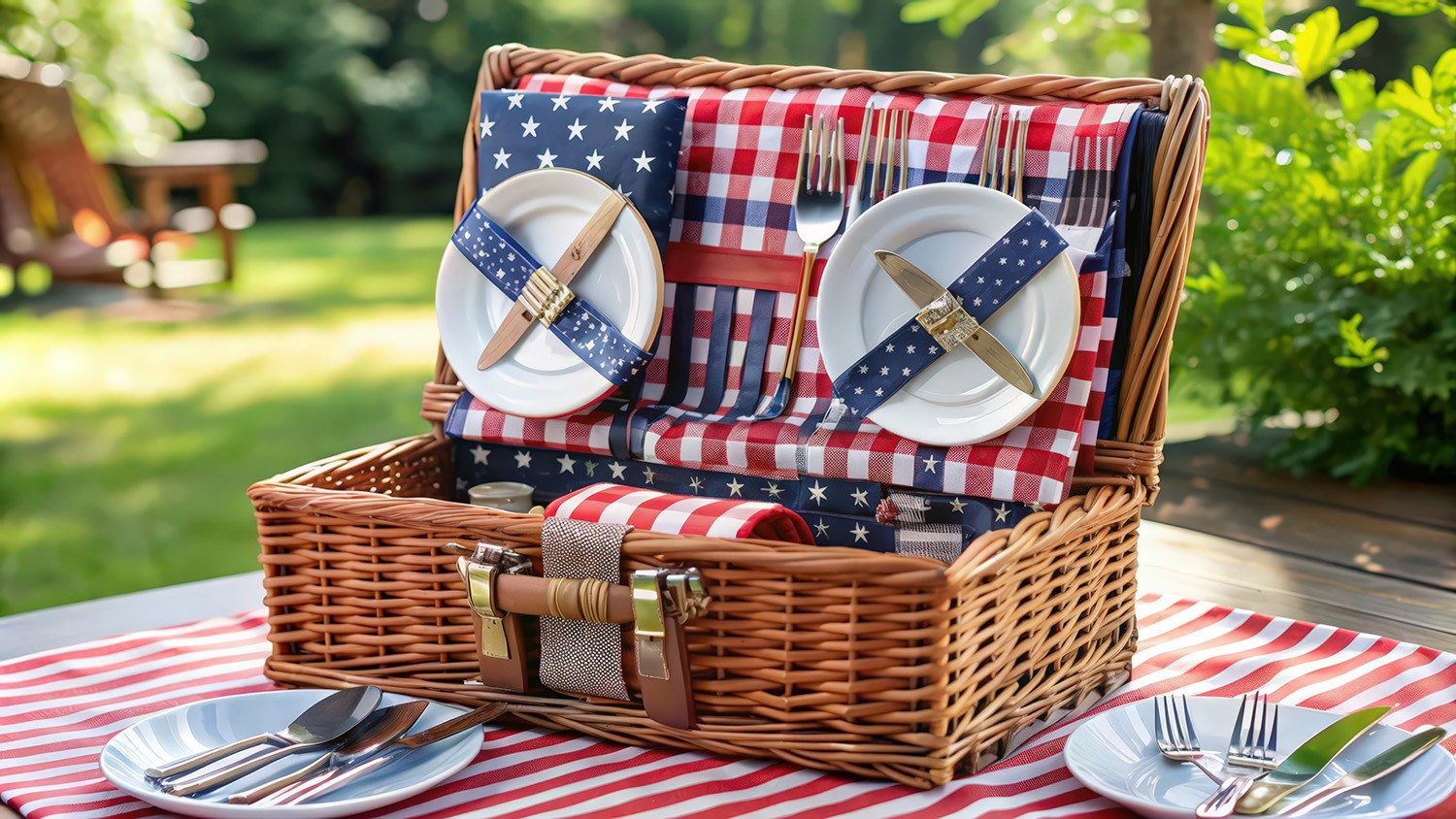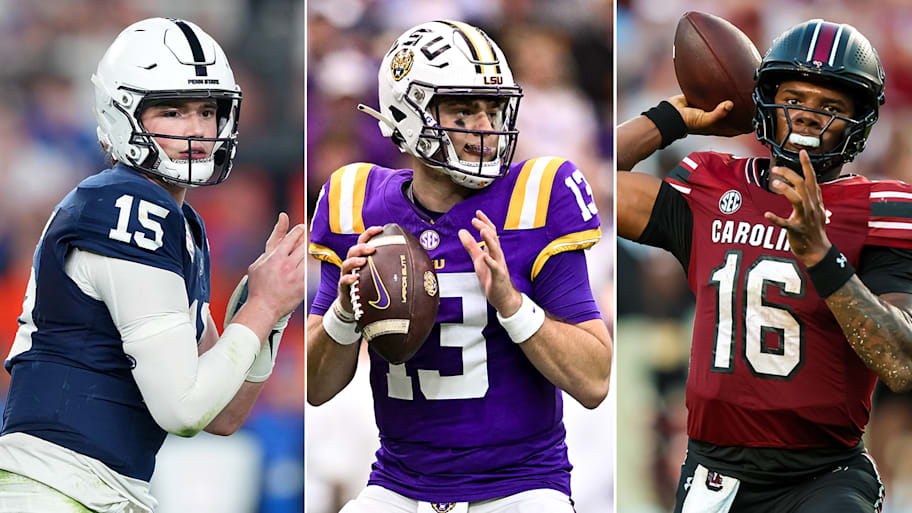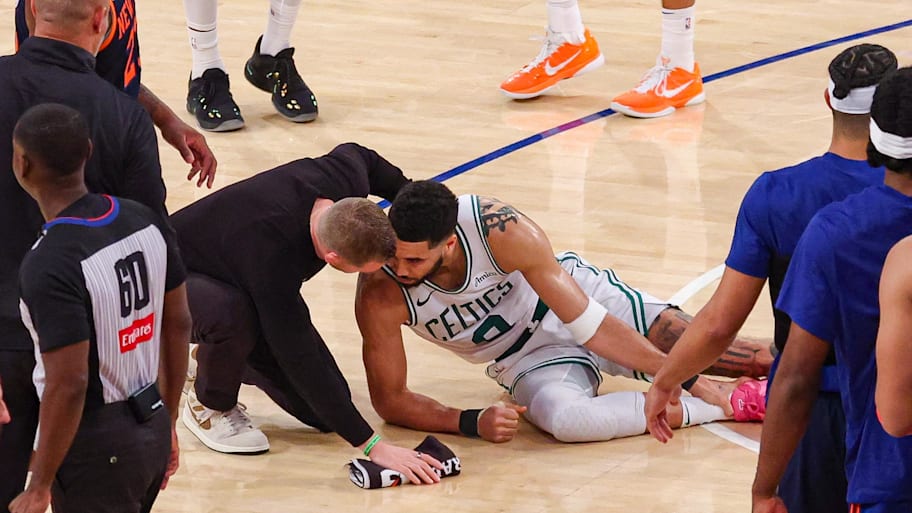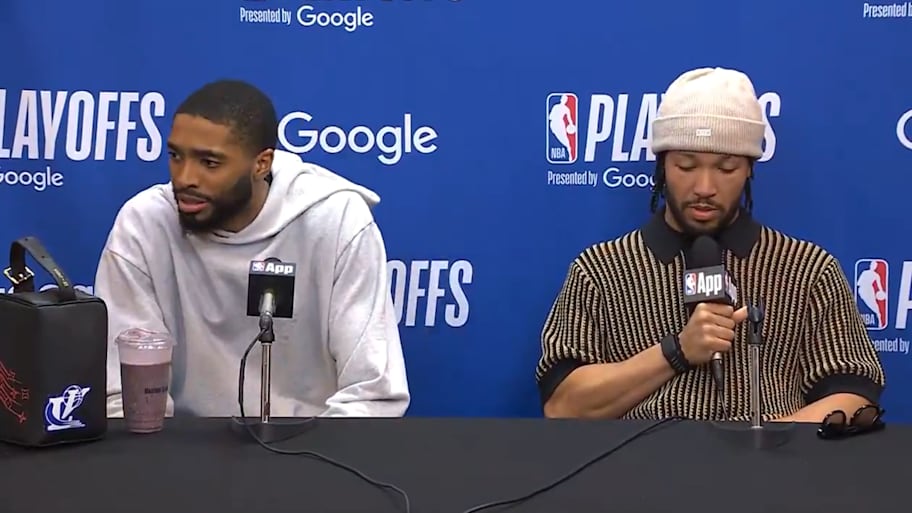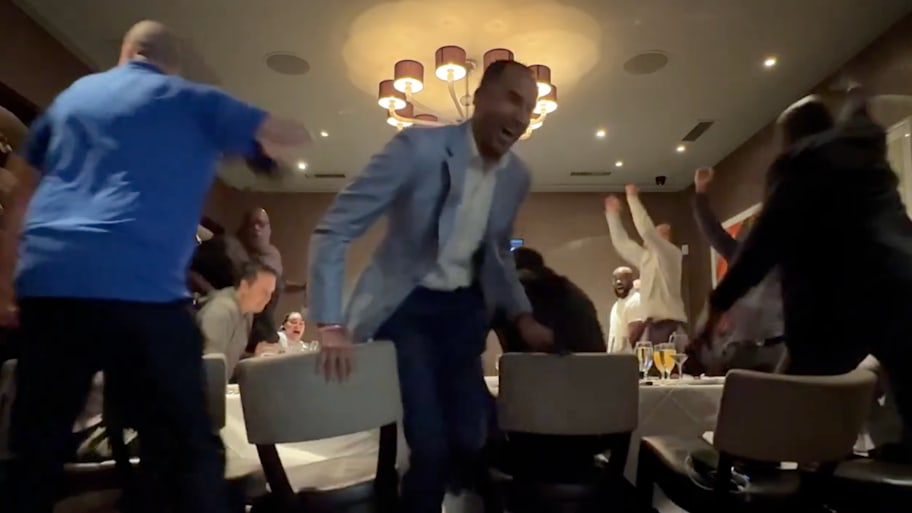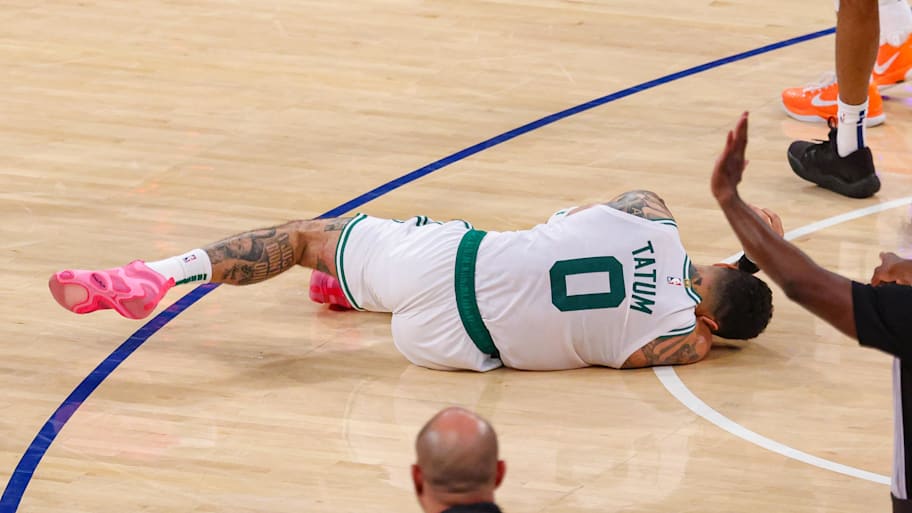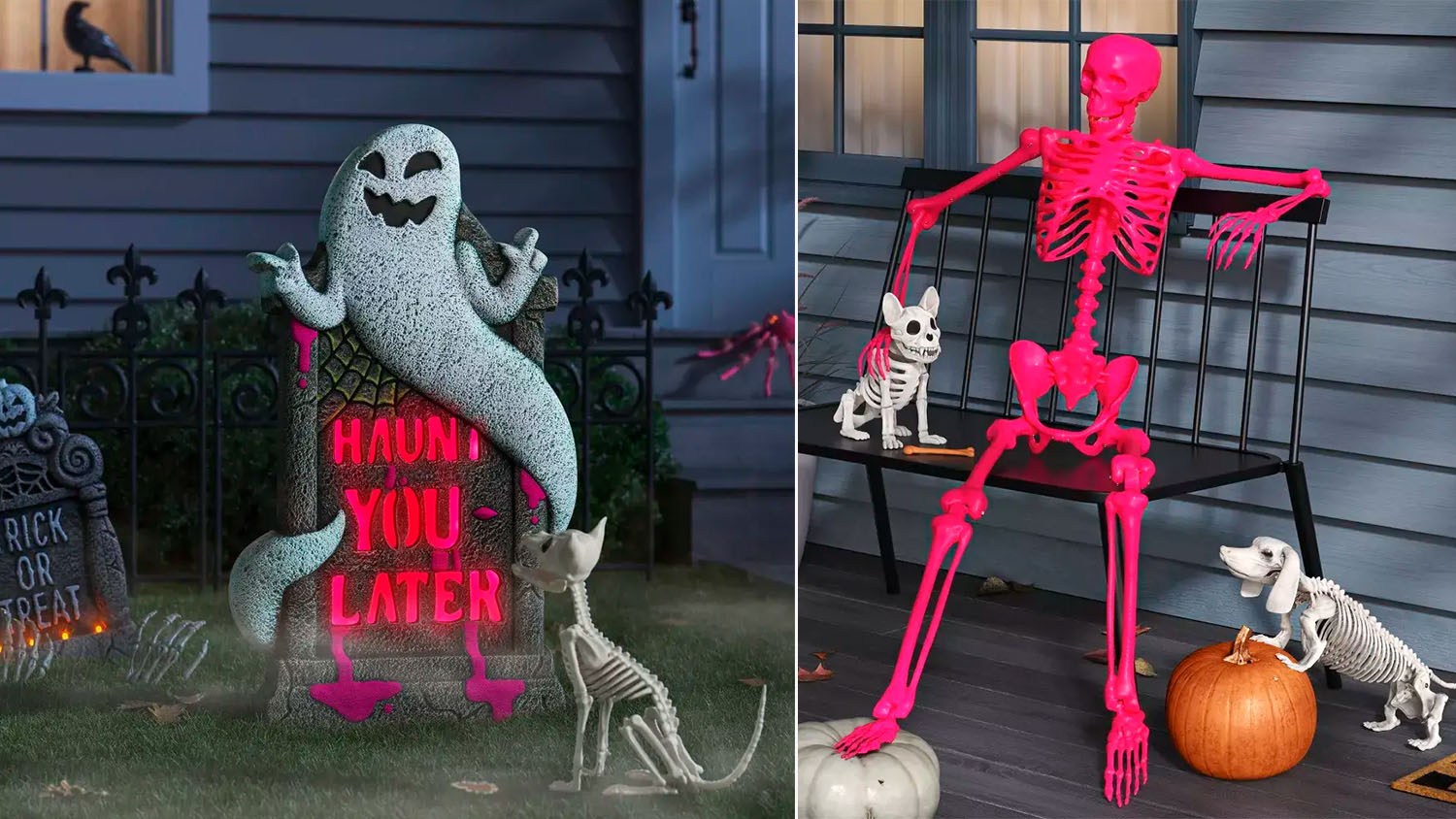NEWPORT NEWS, Va. (WAVY) — “I can begin back in 1960. First time I ever saw this tall ‘boy’ in a JV football game,” said former opponent Eric “Duke” McCaskill, speaking of his longtime friend, Leroy Keyes.
“I’m at Carver, he’s at Huntington High School [in Newport News]. This was back in the days of segregated schools. And I saw this big guy at quarterback and somebody asked the question, ‘Hey- [what’s] that shipyard worker doing out there?’ That’s why I yelled back, ‘He’s only 13!'” McCaskill recalled.
McCaskill’s face lights up when he speaks of the legendary Carver-Huntington High School rivalry games back in the 1960s when African American athletes in Newport News and throughout Virginia, were only allowed to compete against others Black teams, and not white ones.
He says Keyes was a man among boys, starring on both offense and defense.
Both McCaskill and Keyes graduated in 1965 and accepted scholarships to Purdue University in Indiana, a rarity for Black men in general, as well as those from Virginia.
“We thought there were great opportunities out there in the Big 10, Division I schools. Virginia and the south were not recruiting us, no matter how stellar or how elite you were,” McCaskill said.
McCaskill says arriving at the West Lafayette, Indiana, campus was a culture change.
“120 of us of color, of the African diaspora, out of 20,000 students,” he recalled.
“He [Keyes] made an impact his first nationally televised game against Notre Dame. Notre Dame was on our five [yard line]. Running back Nick Eddy fumbled. Leroy scooped it up and ran 94 yards for a fumble recovery touchdown,” he said.
McCaskill, now a pastor and head of a nonprofit that mentors teens and helps needy families in the northern end of Newport News, remembers how the two got the idea to take a stand against racism.
McCaskill says he and Keyes risked losing their scholarships when they demonstrated on Purdue’s campus for equal rights and the establishment of the Black Cultural Center.
“We had a pivotal year, 1968 when Dr. Martin Luther King was assassinated. and we participated in a silent protest that next month in May,” he said. “Leroy, of course, his celebrity status lent credibility to the protest. It was silent, it was peaceful, but, there was an arrest, in fact, there’s a photo of his being arrested by two police officers.”
The two did not lose their scholarships and eventually, it seemed, all was forgiven as Keyes continued to star on the football field. He was a two-time consensus All-American running back. Keyes was drafted by the Philadelphia Eagles before being traded to the Kansas City Chiefs. He played five years in the NFL before retiring after being injured.
“Leroy was voted the greatest football player in the history of Purdue,” McCaskill said.
And McCaskill earned a few accolades himself as a boilermaker.
“I was recognized as the founder of the original Black Culture Center at Purdue, so, Newport ‘Good’ News had an impact at Purdue,” he said.
McCaskill says Purdue has planned a memorial service at its stadium, Saturday. And he says friends, family, and classmates from Carver High School plan to honor Leroy Keyes, soon.
Family members say Keyes suffered from congestive heart failure and a recurrence of cancer.
He died at his West Lafayette, Indiana, home, Thursday, April 15. He was surrounded by his
wife and children. Leroy Keyes was 74.

